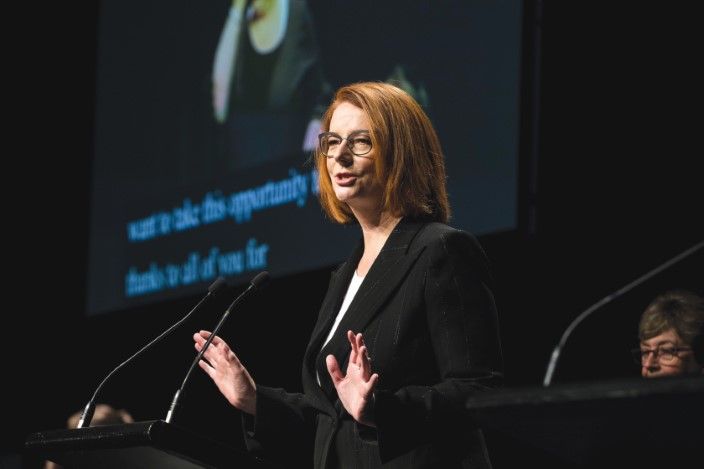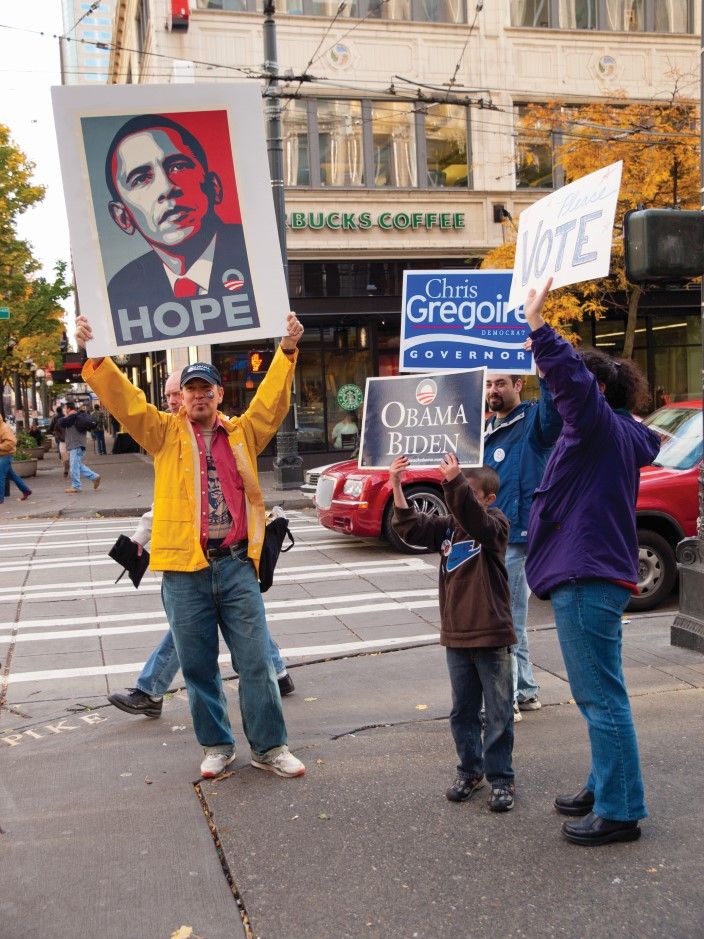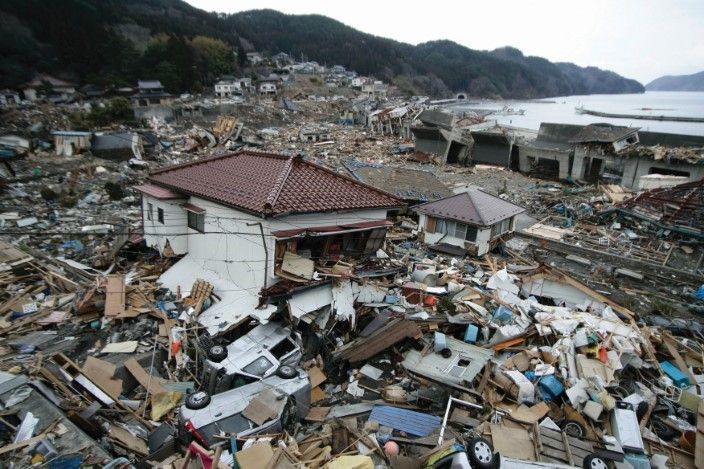
In a semi-regular column, we delve into our Newsmonth archives to find out what was happening in the union, the education sector and the teaching profession – this issue we rewind 10 years to 2011.










































































































































Time capsule 2011
2021 June Newsmonth


In a semi-regular column, we delve into our Newsmonth archives to find out what was happening in the union, the education sector and the teaching profession – this issue we rewind 10 years to 2011.

In 2011, Julia Gillard was Prime Minister of Australia and Kristina Kenneally was NSW Premier (she was succeeded by Barry O’Farrell in late March). Peter Garrett was Federal Education Minister and Verity Firth was NSW Education Minister (followed in March by Adrian Piccoli). Barack Obama was President of the United States.

In March, Japan experienced a magnitude 9 earthquake, followed by a devastating tsunami leading to the Fukushima nuclear accident. The “Arab Spring” saw the ousting of Egyptian President Hosni Mubarak after almost 30 years in power. It was the International Year of Chemistry and The Actor, a silent movie, won Best Picture at the Academy Awards.
“Members to feed into funding review,” read the front-page headline of the March edition of Newsmonth. While the Gonski Review of Funding for Schooling wasn’t released until December 2011, throughout the year the IEU called for members to make submissions to ensure the needs of their school were considered.
Teachers
In 2011 staff in Catholic systemic schools received a 3.8% pay increase. The top rate of pay for teachers in Catholic systemic schools was $84,759. In independent schools on the standards model agreement the top salary rate for a classroom teacher was $89,886. Teachers in independent schools received a 3.2% pay increase in 2011 and their agreement provided for pay rises of 3.6%, 4%, and 3.8%. This was the first agreement negotiated in Australia that provided for a salary of more than $100,000 for a classroom teacher (achieved in 2014).
It was the end of an era in 2011. The NSW Liberal government stripped the NSW Industrial Relations Commission of its autonomy: the IRC no longer had the power to award pay rises above the state government’s salary cap. As a direct result, Catholic systemic school staff have not received a pay rise of more than 2.5% in the past decade. This downward pressure on salaries, led by both state and federal governments, is still having a detrimental impact.
(In a further turn for the worse, current NSW Treasurer Dominic Perrottet has stated he will reduce the state wages cap to just 1.5% in 2022.)
Employees in Catholic systemic schools were transferred from the jurisdiction of the NSW Industrial Relations Commission to the Federal Industrial Relations system in 2011.
Early childhood education and care
The “Teachers are Teachers” campaign for pay parity between early childhood teachers and teachers in schools intensified. On the front page of the first edition of Newsmonth for 2011, members were urged to email or visit their local candidates in the lead-up to the state election in March and present them with a briefing sheet on this issue.
“Teachers in early childhood typically receive up to 20% less than their primary school colleagues despite the same training,” the IEU said. “This means they can earn up to $14,000 less per year.” A petition seeking 10,000 signatures was also circulating.
(On 19 April this year, the Fair Work Commission handed down a decision supporting pay rises of up to 10% for early childhood teachers – the result of an eight-year campaign by the IEU. The union anticipates about 12,000 teachers in some 8000 long day care centres will benefit if the pay rises are made. The FWC will conduct a final hearing on this matter in August.)
Support staff
The IEU invited Aboriginal Education Workers throughout NSW to Sydney for a one-day seminar, reported in Newsmonth 6 (September). Delegates came from as far as Narromine, Bega and Ballina to learn more about their union and their rights.
They also shared ways of strengthening the connection between community and class. “It’s great working with the kids, especially the troubled kids,” said AEW Dale Smith. “I can get the trust of the Koori kids, and yarn with their parents when they come in for NAIDOC day.”
ELICOS
The sector was under pressure owing to the high Australian dollar, competition from Canada and the US, the impact of the global financial crisis and the federal government’s strict approach to student visas, wrote Organiser Kendall Warren in Newsmonth 1 (February). To support the sector, the Labor Government announced it would ease visa assessments.
Despite this difficult year, agreements were concluded at Sydney College of English, Access Language Centre, Study Group Colleges, Embassy, TELP and Milton College, achieving pay rises of 11% over three years.